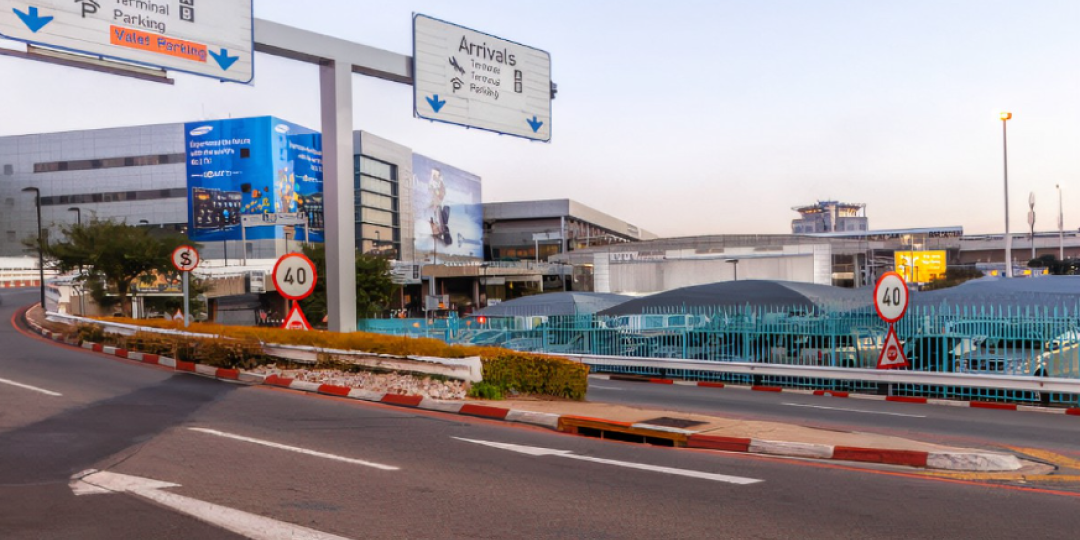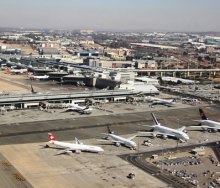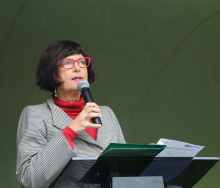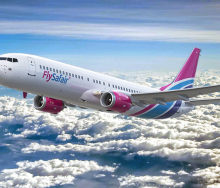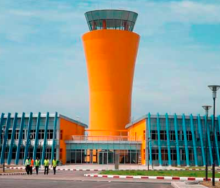Despite securing millions of litres of jet fuel for OR Tambo International (JNB), Acsa has warned that logistical hurdles and stock shortage could disrupt fuel supply for airlines in the short-term.
On January 4, Natref, which supplies 72% of JNB’s jet fuel stock, forced a shutdown following a fire.
“As of January 28, JNB had 29,7 million litres of fuel, another 11,7 days of stock,” said Terence Delomoney, Group Executive for Operations at Acsa, speaking at a press conference last week.
Acsa claims that this stock will hold the airport over until an additional 121 million litres of jet fuel arrives in Johannesburg.
According to Mpumi Mpofu, CEO of Acsa, the imported jet fuel has arrived in South Africa, however challenges remain with transporting the fuel from the Port of Durban to Johannesburg.
Delomoney explained that once fuel was pumped from the coast, it took seven to 10 days to reach Johannesburg.
“Transnet pipeline needs to plan with the oil industry as to how that fuel comes in. That line is not only unique to jet fuel; it brings in diesel, petrol and all sorts of other chemicals, so how they schedule that batch of fuel is quite important. And if they don't get it right, we can't get the fuel in on time. Same with the rail, they need to keep that infrastructure going,” said Delomoney.
Adding to the uncertainty, Natref’s timeline remains clear. This is according to Aaron Munetsi, CEO of Aasa, who said, despite assurances that repairs would be completed by February, they had not been provided with any progress reports.
“In the meantime, Aasa is cautiously comforted by Acsa’s assurance that sufficient fuel stock has been secured to February 2, but we are also painfully aware that while Acsa owns the storage and refuelling infrastructure and equipment, it does not procure or own fuel,” explained Munetsi.
Beyond the immediate crisis, Aasa warned that jet fuel supply had become increasingly challenging in recent years. Aasa pointed out that, since the COVID-19 lockdown, the fuel suppliers had taken a very conservative approach in their jet fuel inventory management, resulting in a more than halving of the average fuel reserves at JNB from 11 days to around four days.
“Aasa is not privy to those individual supply contracts and they are not made public. However, we note that the NOTAM imposing fuel uplift restrictions, including a ban on flights tankering fuel, from OR Tambo International (ref. A0237/25 NOTAMN), remains valid until 13h00 on February 25, unless it is withdrawn before then. This suggests neither the fuel suppliers nor Acsa are able to guarantee the necessary volumes and that, until the shipments arrive at the OR Tambo International fuel storage depot, we should remain concerned about potential disruptions to operations,” concluded Munetsi.
Acsa said it was aware that a number of airlines were still trying to secure fuel. “We have made a plea to the Fuels Industry Association, the Department of Mineral and Petroleum Resources, and all of the role players such as the oil companies, if they have stock to please work with each other until the situation is resolved so that the airlines do not run out of fuel,” said Delomoney.
